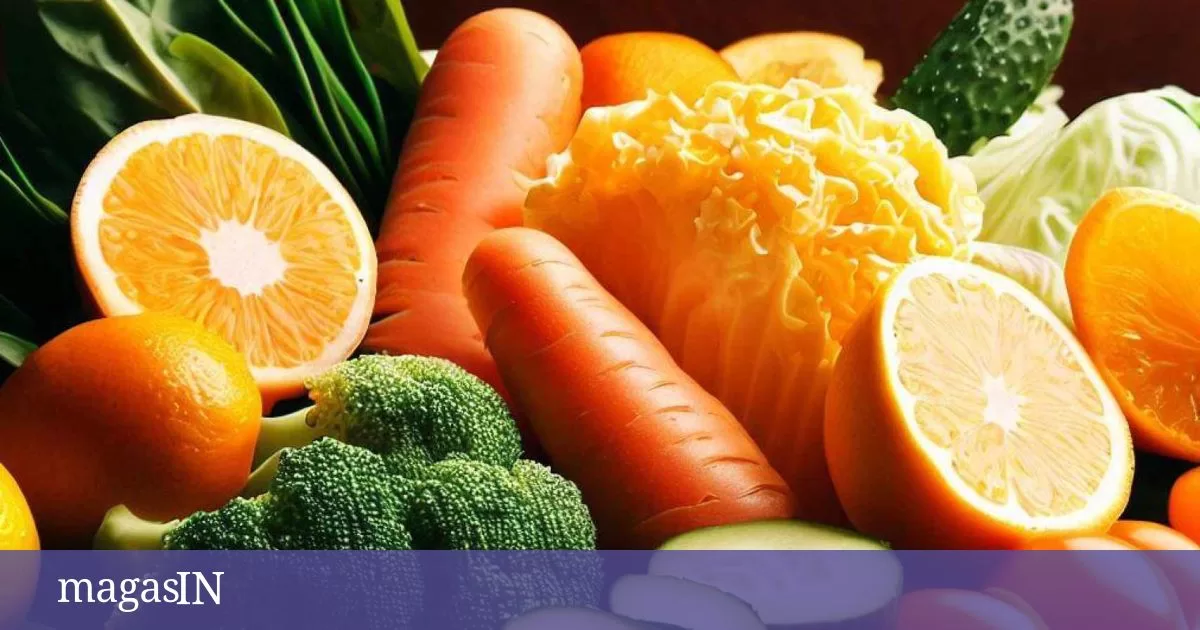(dr) Envato Elements
Sweeteners not only do not help you lose weight, they can increase mortality. The alert is made by the World Health Organization (WHO).
The use of synthetic or artificial sweeteners has been linked to cardiovascular problems and adult mortality.
According to the WHO, sweeteners are not effective in long-term weight control, and may have unwanted effectsif used for a long time.
The increased risk of type 2 diabetes is one of the consequences.
The UN health agency advises against its use and highlighted that, in general, people should reduce sweets in foodand they should do it from an early age to have better health.
“Replacing free, refined and natural sugars present in fruits, honey and others, with sweeteners offers no long-term benefit in terms of reducing body fat in adults or children,” stressed the organization that governs global public health.
Among the specific products that are discouraged are acesulfame K, aspartame, advantame, cyclamates, neotame, saccharin, sucralose, as well as stevia and its derivatives.
A recent study, published in Nature Medicinehad already revealed that a sugar substitute – called erythritol – has been linked to blood clotting, stroke, heart attack and death.
In this investigation, specialists detected a relationship between cardiovascular problems and the concentration of this substance in the blood.
“People need to consider other ways to reduce their consumption of free sugars, such as eating foods that naturally contain sugars, such as fruitsor non-sweet foods and drinks”, defended the WHO director of nutrition and food safety, Francesco Branca.
This recommendation applies to everyone except those with pre-existing diabetes.
Likewise, the WHO highlighted that this new recommendation includes synthetic, natural or modified sweeteners, “that are not classified as sugars found in industrial foods and beverages”, or that are sold separately to be added by the consumer.
On the other hand, the organization clarified that its position in relation to sweeteners does not apply to personal hygiene or hygiene products that may contain them, such as toothpastes, skin creams or medicines.
It also does not imply low calorie sugars or sugar alcohol – as it is derived from sugar and contains calories, therefore it is not considered a sweetener.
This set of recommendations is based on the conclusions of the scientific evidence review and forms part of WHO’s efforts to encourage countries to adopt policies that favor healthy eating habits and quality dietswhich reduce the risk of chronic diseases.

